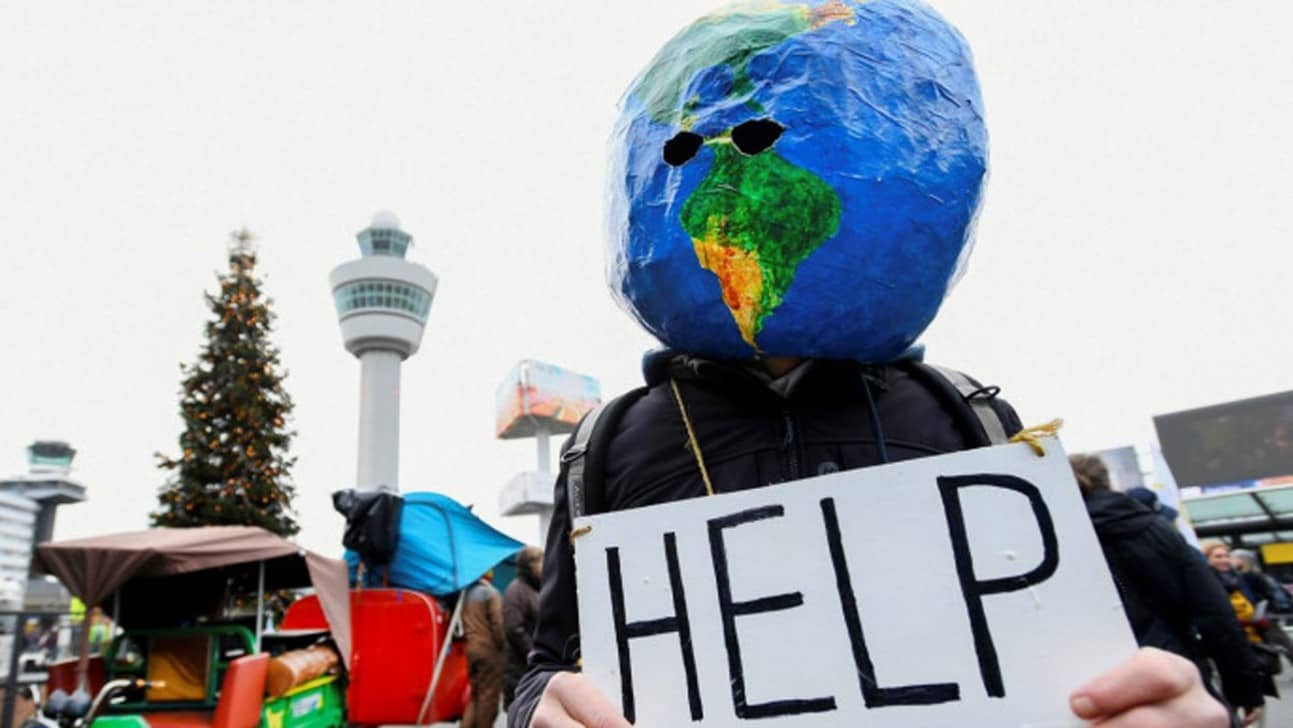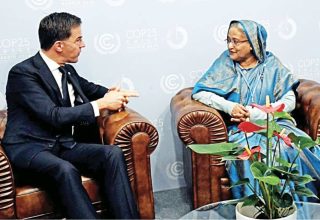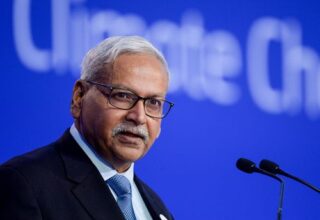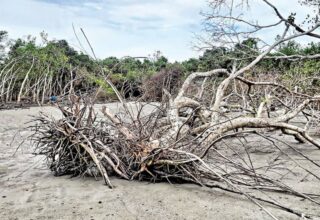
The 26th annual Conference of Parties (COP26) of the United Nations Framework Convention on Climate Change (UNFCCC) was supposed to have been held this week in Glasgow, Scotland under the chairmanship of the government of the United Kingdom. It has now been postponed until November 2021 due to the Covid-19 pandemic, but it is very important that actions to tackle climate change are not postponed as well. The UNFCCC is holding a number of online events during this month to maintain the momentum.
There are two deadlines to be considered here. The first is that of December 31, 2020 which was agreed upon during the Paris Agreement on Climate Change, achieved in COP21 in 2015. At the time, it was agreed that every country would submit their revised Nationally Determined Contribution (NDC) reports on how they planned to reduce their emissions of greenhouse gases by the end of 2020. Only a very few countries have done so yet and it is important that they all do so before midnight on December 31. The Climate Vulnerable Forum (CVF), which consists of nearly 50 vulnerable developing countries currently under the leadership of Prime Minister Sheikh Hasina of Bangladesh, has launched a campaign for all countries to submit their ambitious greenhouse gas emissions reduction plans by the deadline. The CVF countries have also promised to submit their respective plans in time, even though their emissions are very small compared to other countries. Nevertheless, they are taking the moral leadership on this issue.
The second promise that is supposed to be delivered by December 31, 2020 is climate change finance from developed countries to developing countries to tackle climate impacts, amounting to USD 100 billion. So far, it is very unclear how much will be delivered by the deadline. Hence, it is important that the developed countries that made this promise deliver it in a clear and visible manner and not try to hide and double count funds that are allocated for development purposes rather than for tackling climate change.
At the same time, developing countries have further demanded that at least half of that amount be allocated to support adaptation in the most vulnerable developing countries—at the moment, only 20 percent is going to adaptation. It is again unclear if this demand is likely to be met.
Hence, the deadline of December 31, 2020 is when all countries have to submit their respective NDCs and the developed countries have to deliver USD 100 billion to the developing countries to tackle climate change.
During 2021, there are a number of other targets that must be achieved before arriving in Glasgow for COP26 in November 2021. The first item to be discussed is how rapidly every country can take its emissions trajectory down to zero emissions. The good news is that many countries have started setting target years to achieve zero emissions, aiming for 2060, 2050 or even 2040 and 2030. The sooner they achieve it, the better. The CVF countries have agreed to switch to 100 percent renewable energy by 2050, and China has already agreed to achieve net zero emissions by 2060, which is a major step forward. All other countries need to set their target year to achieve zero emissions.
As all countries aim to meet their mitigation goals by setting the target year to achieve zero emissions, they also have to agree to a similar global goal on adaptation. This has not yet been done since adaptation is so location specific that agreeing on an aggregated global goal is more difficult than for mitigation. Nevertheless, a global goal such as achieving zero vulnerability may be something that the CVF countries can advocate for before COP26 and get other countries to agree on at COP26. This would indeed be a major breakthrough.
Finally, the most important issue that has emerged in 2020 is the fact that the adverse impacts of climate change, which are scientifically attributable to human induced climate change, are now occurring around the world. From super cyclone Amphan that hit Bangladesh in May and super typhoon Goni hitting the Philippines this week, to the wildfires in California and successive hurricanes in the Caribbean sea and Gulf of Mexico—all of these point to the fact that we have crossed the threshold of human induced climate change impacts and now have to reckon with the loss and damage that is being caused.
At COP25 in Madrid last year, the vulnerable developing countries argued for innovative finance to fund loss and damage but were defeated, even after the conference was extended for two extra days.
Going into COP26, this issue can no longer be blocked by the developed countries as they have done successfully so far. They have only been willing to discuss insurance as a vehicle to finance loss and damage, but that is no longer enough. At least some of the developed countries have to come forward to offer some form of innovative finance for loss and damage beyond insurance.
It is the responsibility of the United Kingdom as the host of COP26 to persuade some other developed countries to work with the CVF countries under the leadership of Bangladesh to offer such a way forward to finance loss and damage beyond insurance. If we are unable to resolve this issue, it will result in COP26 being declared a complete failure by the vulnerable developing countries. The delaying of COP26 by a year thus presents an unexpected opportunity for the UK’s COP26 presidency to be proactive and resolve this issue, even before November, if possible. Failure to do so will put COP26 at risk.
Originally this article was published on November 04, 2020 at Daily Star. The author Prof. Saleemul Huq is the director of the International Centre for Climate Change and Development (ICCCAD) at the Independent University, Bangladesh (IUB).
Email: saleemul.huq@icccad.org






